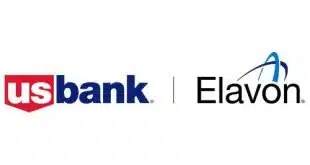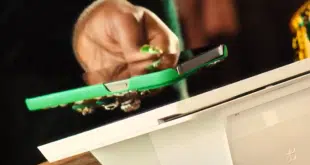Late September saw the introduction of two more major third-party mobile wallets. One is called Android Pay and comes from Google Inc. The other is called Samsung Pay and comes from, well, Samsung, which just happens to make some pretty popular smart phones that run on Android.
Meanwhile, a consortium called Merchant Customer Exchange, which is controlled by 40 big-box retailers, fast-food chains, and petro companies, kicked off a pilot for its wallet entry, CurrentC, in Columbus, Ohio.
No sooner did the dust settle on these debuts than money-center bank JPMorgan Chase & Co. let it be known it plans a widescale launch of its wallet, Chase Pay. Since this product is controlled by a single bank, it’s not technically a third-party wallet. But since about one-fifth of all U.S. credit and debit card transactions take place on Chase-issued cards, it might as well be.
All of this is coming, of course, about a year after the storied launch of Apple Inc.’s wallet service, Apple Pay, which will now have some formidable competition to contend with.
But let’s pause for a moment to reflect on this wallet mania. These are technically adept, slick and snazzy products that let you pay with a wave of your phone. With Samsung Pay, you don’t even need a merchant terminal with near-field communication. Still, a couple of questions keep bubbling up. Do consumers really want these products? Can the companies behind them make money on them?
The record so far is far from encouraging, and that casts a shadow on the immediate future. Apple has been in the business longer than anyone else, and it doesn’t release numbers. But a recent report from researcher Aite Group indicated the mobile service was responsible for 1% of all U.S. transactions. Granted, it’s only a year old, only about 20% of retail places take it, and only owners of the newer iPhones can use it. But even stores that are equipped for it and promoting it are seeing anemic numbers.
Meanwhile, Google would prefer that you forget its prior effort, Google Wallet. That was launched with huge fanfare in 2011 and promptly flopped. It’s now relegated to person-to-person payments duty. And Softcard, a wallet sponsored by the country’s biggest wireless carriers, shut down earlier this year.
Some day someone is going to get the formula right for mobile payments. That formula will probably include equal measures of acceptance ubiquity and value that overshadows the payment function, such as automatic receipt and redemption of rewards and offers. Until then, the answers to our two questions are likely to be: not much and no.
—John Stewart, Editor | john@digitaltransactions.net





